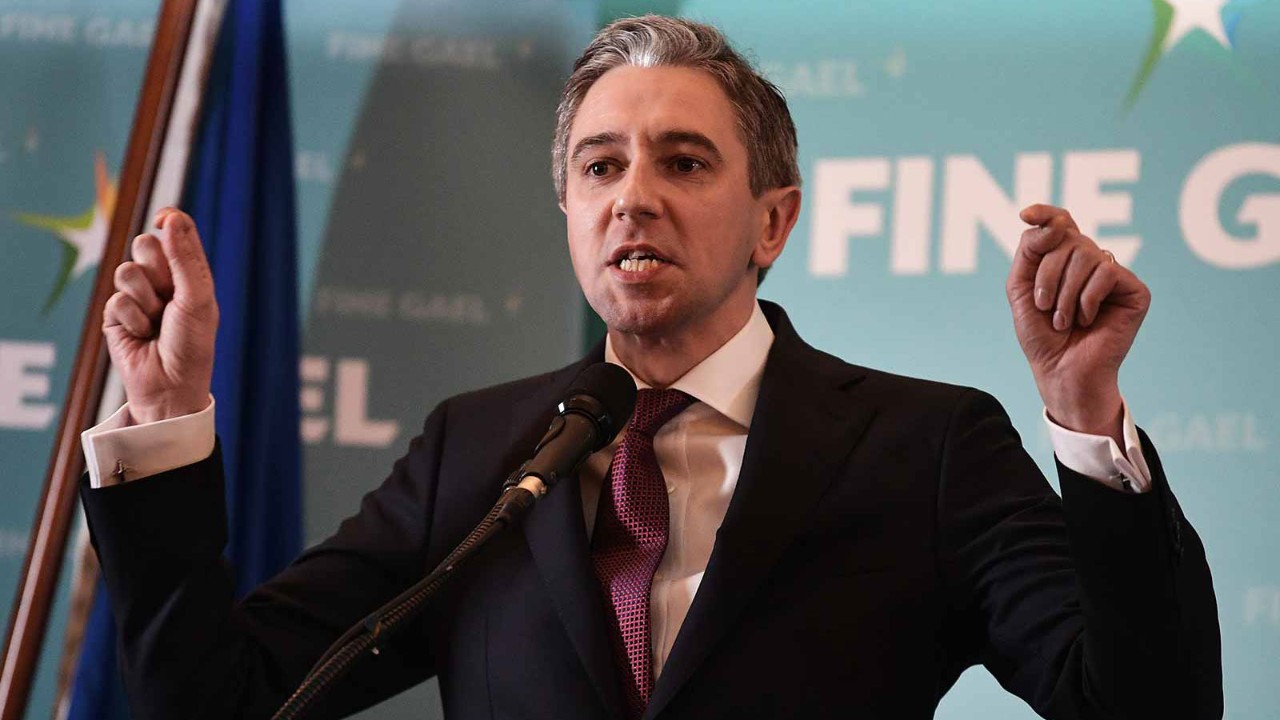
It has been next to impossible to avoid Ireland’s new leader, Simon Harris, in the few months since he assumed office. The country’s most listened to satirist has already dubbed him the TikTok Taoiseach for his constant social media posts and availability to comment on any issue of the day.
The hyperactive 37-year-old’s most remarked upon skill has been his ability to communicate clearly, setting him apart from more experienced rivals who might have fancied the role. While some political analysts have seen this as a victory for style over substance, there can be no faulting it has brought him immediate success, as Harris defied opinion polls in recent local elections to secure the highest vote share of any party.
Relegated skill
The art of communication is valued more in politics than it is in the world of business, where it is seen as a second-order skill – nice to have, but not necessary to progress all the way to the top. We downplay its significance in favour of academic, technical or managerial achievements. An MBA or CFA will teach intricate knowledge, but skills in dealing with people, communicating either internally or externally, should be seen as just as important.
Ros Atkins, the BBC’s analysis editor, famed for his ability to sift, distil and explain complicated news into digestible formats, has created a podcast series examining how great communicators, from teachers to doctors, go about the process. Its importance should not be underestimated. Whether you are the chief executive of a company, a political aspirant or even just looking to improve how you communicate with clients or colleagues, these are skills we all need to improve.
The inability of a company to put a trusted face forward is a recipe for disaster
We also need to recognise the value they bring. I’ve lost count of the number of chief executives who have had to resign for failing to express their vision with clarity. In an era of reduced trust in traditional media and the rise of social media, the inability of a company to put a trusted face forward to explain clearly and with ease is a recipe for disaster. Never has it been more accurate that a lie can make it halfway across the world while the truth struggles to get out of bed.
It’s not about PR and spin. Atkins’ podcasts give a fascinating insight into how some important people embrace communication. Intangible as it may seem, it requires practice, an investment of time, and understanding of the role it plays. One of the participants is Martin Lewis, who has built a hugely successful business based on his name and reputation, which has seen him become one of the UK’s most trusted individuals. That wouldn’t be possible if all he did was send out a newsletter with long lists of interest rates and energy prices urging people to shop around.
Relatable and authentic
It would be unfair of me to namecheck a chief executive I’ve personally met or interviewed as an example. However, watching interviews of Jamie Dimon of JP Morgan, it’s clear why from Wall Street to the high street he’s widely recognised as one of the greatest chief executives of his generation. He has a clear, relatable and authentic style.
Even the best networkers may lack the ability to connect to a wider audience in an easy way
So when it comes to the skills required of future leaders, perhaps as much weight needs to be given to evaluating not just experience and academic qualifications, but the ability to articulate in a clear manner to both internal or external stakeholders.
Even the best networkers may be excellent in one-on-ones or small groups, but they can lack the ability to connect to a wider audience in an easy way. As the landscape of leadership evolves, those who can master the art of clear, effective communication will be the ones who stand out and succeed.



